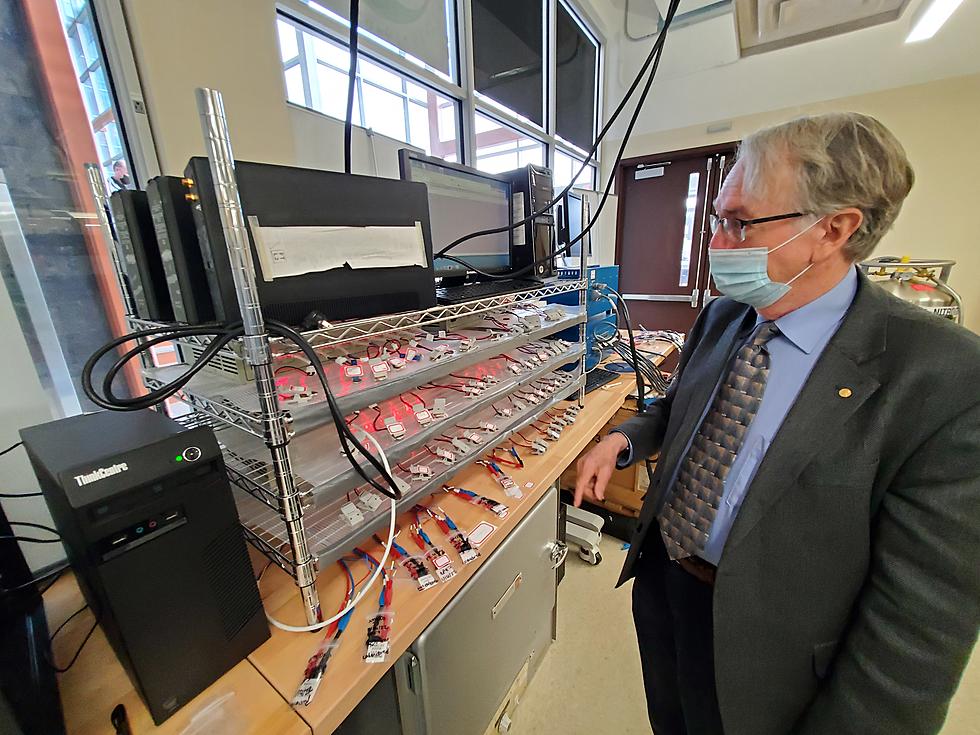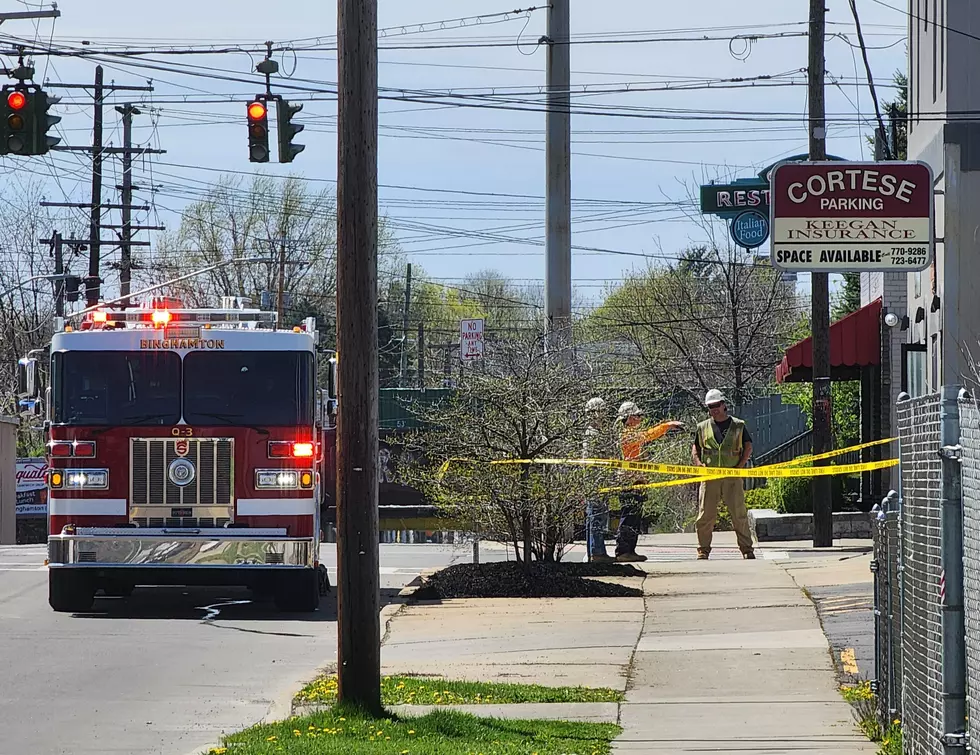
Binghamton University Researchers Aim to Develop Safer Batteries
Research teams at Binghamton University are testing new materials for use in the batteries that will be used to provide power of a wide array of devices in the future.
Professor Stanley Whittingham has been overseeing the work at the Innovative Technology Center on the lithium-ion battery technology he helped develop decades ago.
Dozens of small coin cell battery prototypes are being constantly monitored in a lab on the Vestal campus.
Whittingham said increasing energy density and developer safer batteries are among the goals of researchers who are experimenting with different components.
Lithium-ion batteries are generally safe in normal use and standard operating conditions but they sometimes can explode and cause fires.
Whittingham recycling used batteries will be important. He pointed to a new recycling facility in Rochester. He said: "I ask people don't throw away your old batteries or iPhones. Get them recycled because there are very valuable chemicals in there that can be used again."
The Monroe County recycling plant uses different technology than the facility that had been proposed for the Huron Campus in Endicott. That project did not move forward because of the opposition of residents who live near the site.
Whittingham said the Rochester plant is using "a cleaner approach" which he believes will be more effective and less expensive.
Whittingham and two other researchers were awarded the Nobel Prize in chemistry in 2019 for their work developing lithium-ion battery technology.

Contact WNBF News reporter Bob Joseph: bob@wnbf.com. For breaking news and updates on developing stories, follow @BinghamtonNow on Twitter.
Inside Amazon: A Detailed History of America's Biggest Online Retailer
50 Famous Brands That No Longer Exist
Here Is How To Blur Your Home On Google Street View
More From WNBF News Radio 1290 AM & 92.1 FM









